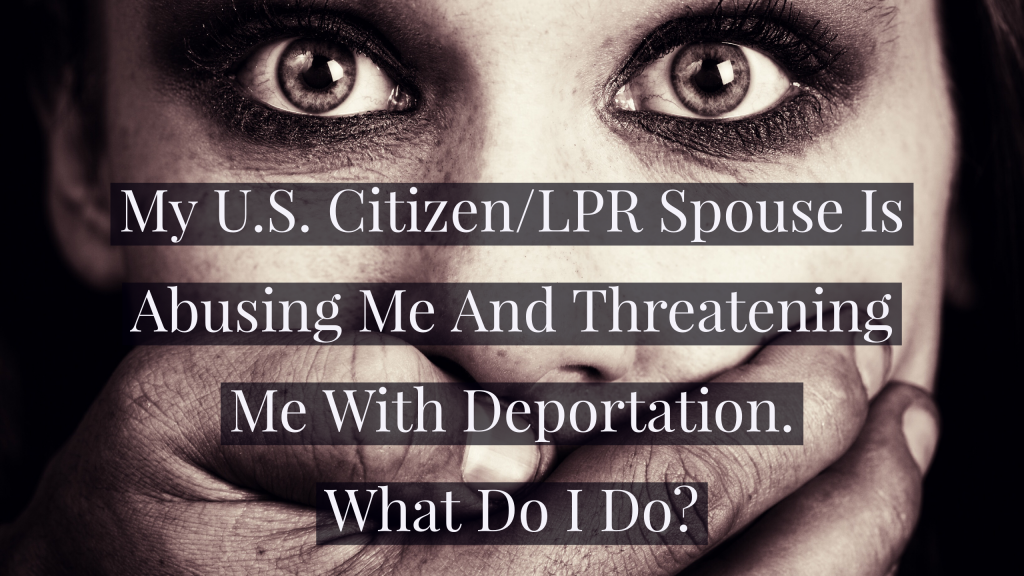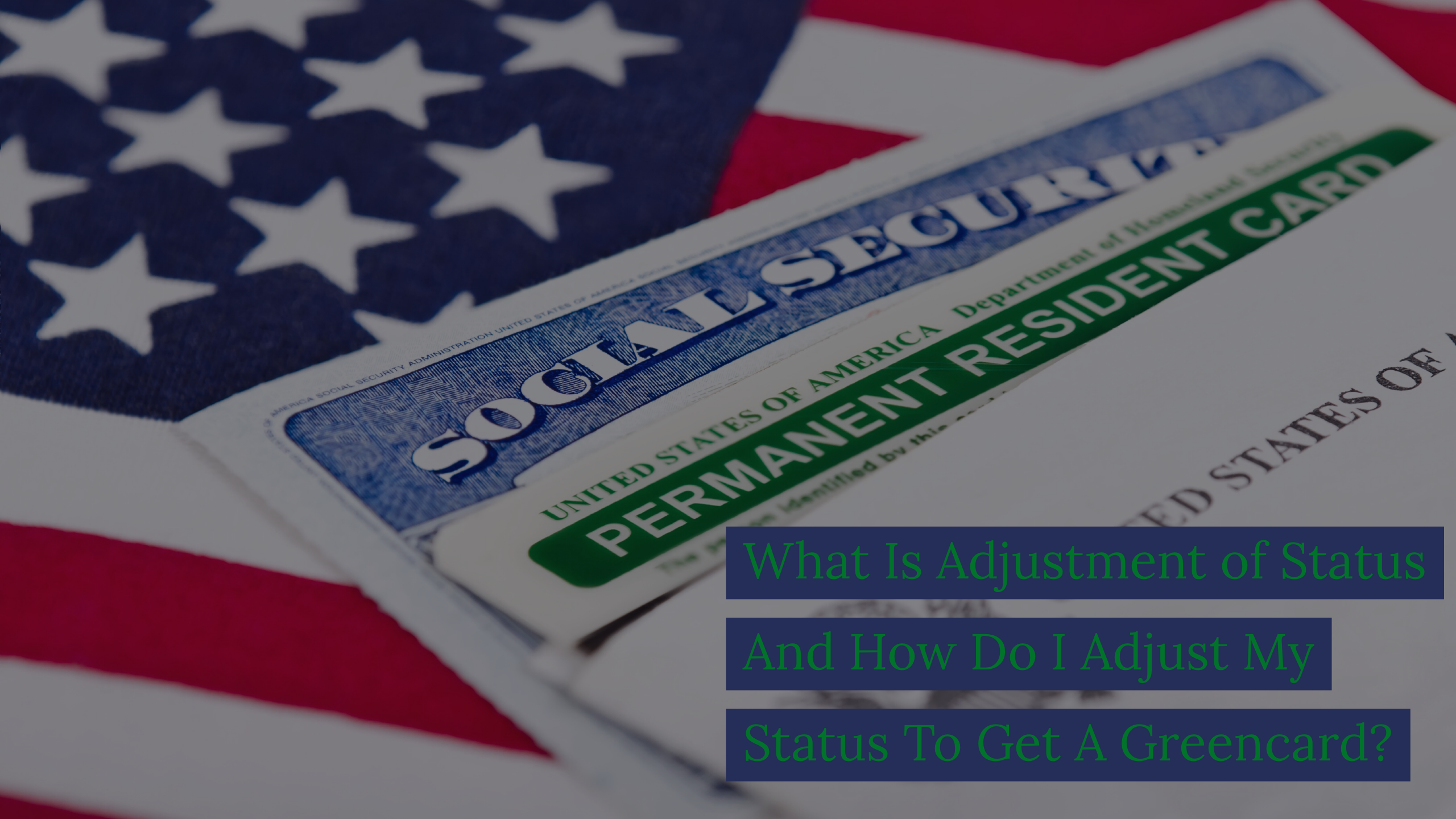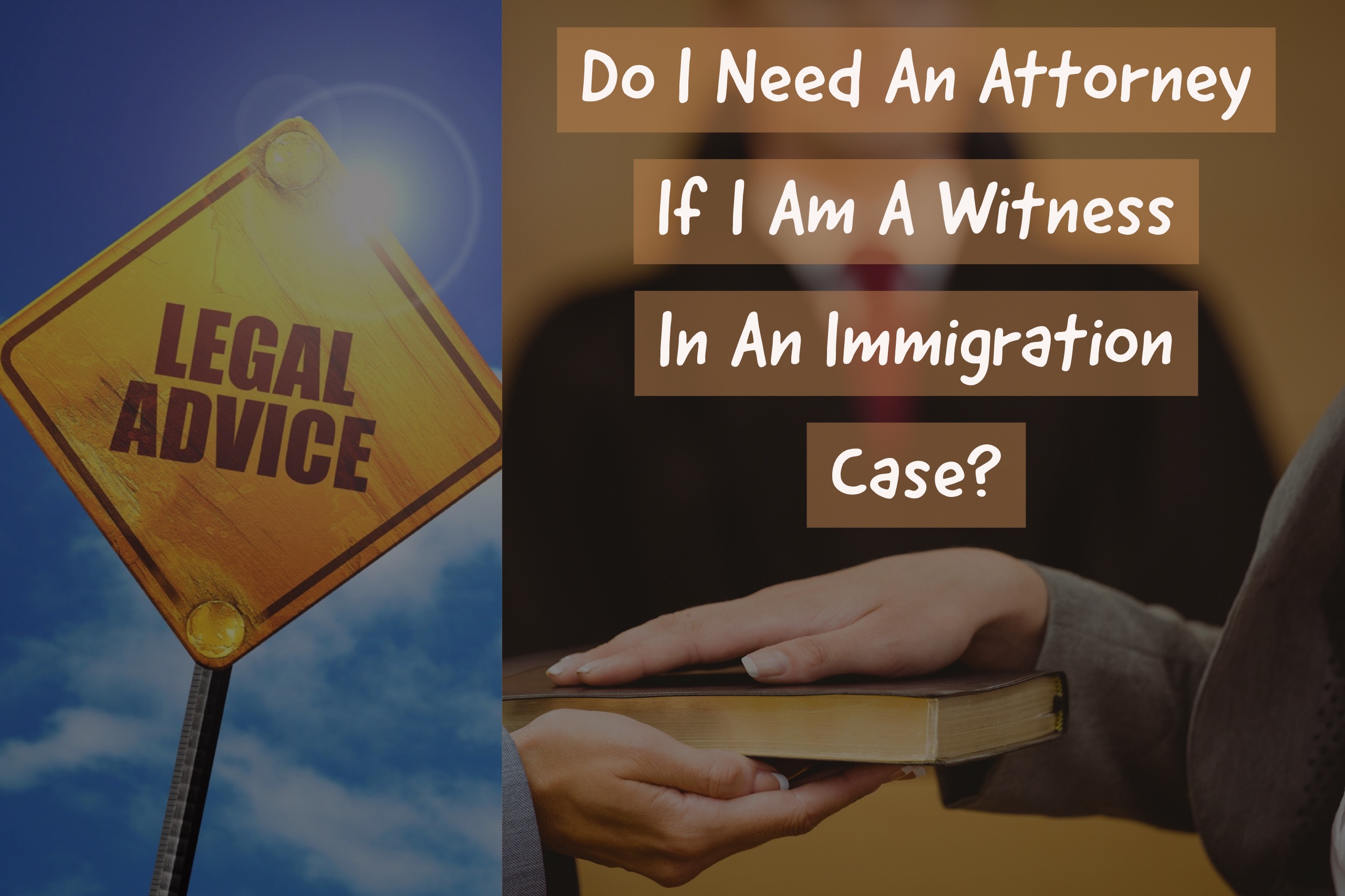
President Trump’s administration has recently changed a longstanding rule that has placed immigration lawyers on notice relating to a common occurrence in immigration law. Many non-U.S. citizens enter the United States on Visitor Visas for many different reasons. To visit family, to take a vacation, to see what the United States is like. It is not uncommon for non-citizens find love and decide to get married to a U.S. citizen while in the U.S. on vacation. While many may call this impetuous, it is not a situation that is confined to citizens and non-citizens. The difficulty arises when you apply for a green card based on your marriage to a United States citizen when your marriage was within a short period of time after you entered the United States. You could be denied a green card based on what is called “preconceived intent.” So, how do you establish that you did not have preconceived intent to get married and stay in the United States when you entered on a temporary visa? Well, the government has just made it a little harder with the implementation of the 90 day rule. This rule replaces the old 30/60 day rule.
WHAT IS PRECONCEIVED INTENT?
Temporary visas are just that. Temporary. In order to obtain a temporary visa, you must establish that you intend to depart the United States by the time your temporary visa expires. For example, if you have a visitor visa that is good for six (6) months, when you enter the United States, you must have the intent to depart the United States within six (6) months. If the government believes that you intended to stay in the United States longer than your temporary visa at the time you entered, this is called preconceived intent. Prior to entering the United States, you conceived the intent to stay longer than authorized. If you have preconceived intent, this is a violation of your status. The key issue for a determination of preconceived intent lies in what your intent was at the time you were admitted into the United States. It is not preconceived intent if you change your intent after you were admitted. For example, if you truly entered the United States simply to visit and intended to leave within the six months allotted under your visitor visa, but you fell in love and only decided to stay after you were already admitted, then this would not be preconceived intent. Regardless of your true intent, however, the problem arises when you apply to adjust your status and obtain a green card based on the marriage to a United States citizen that occurred within a short period of time after your admission to the United States. Immigration officials will not simply take your word for it. They will look to outside evidence to establish whether they make a finding that you had preconceived intent. Let’s take a look at the old rule that USCIS (United States Customs and Immigration Services) used to follow.
 Florida Immigration Lawyer Blog
Florida Immigration Lawyer Blog






 You’re not a United States citizen. You came into the United States with no documentation. You have been the victim of a crime. You’re scared. You don’t feel like you can go to the police because you might get deported. What can you do?
You’re not a United States citizen. You came into the United States with no documentation. You have been the victim of a crime. You’re scared. You don’t feel like you can go to the police because you might get deported. What can you do?
